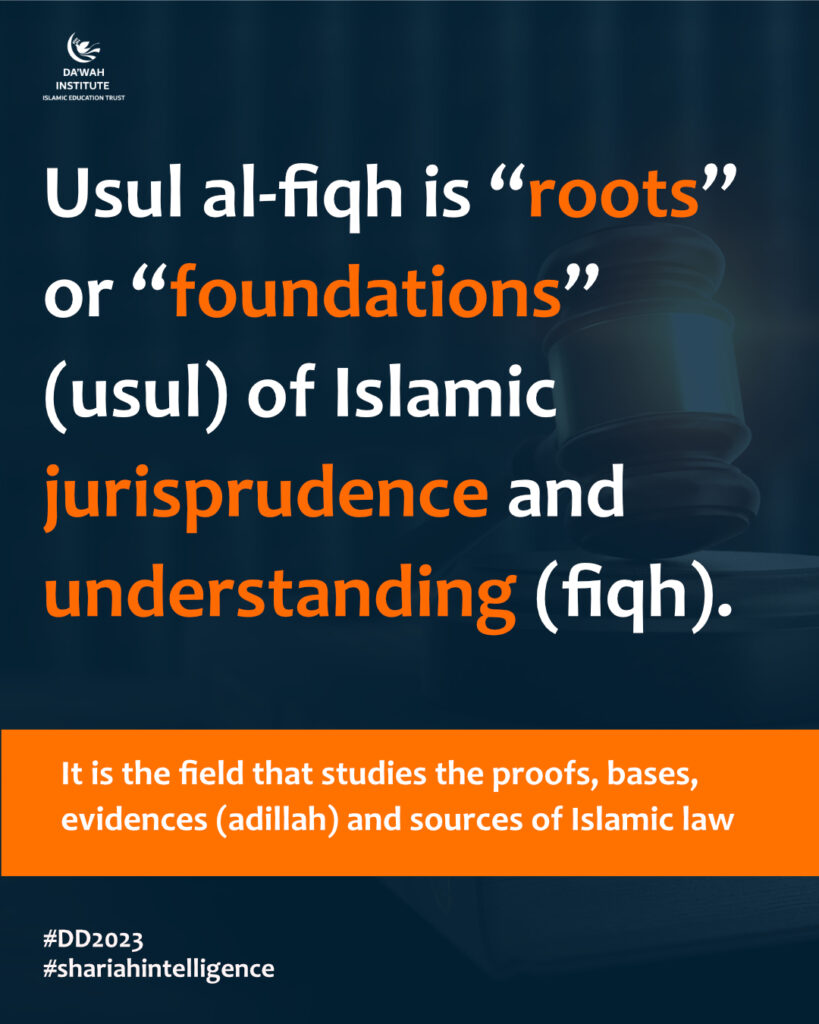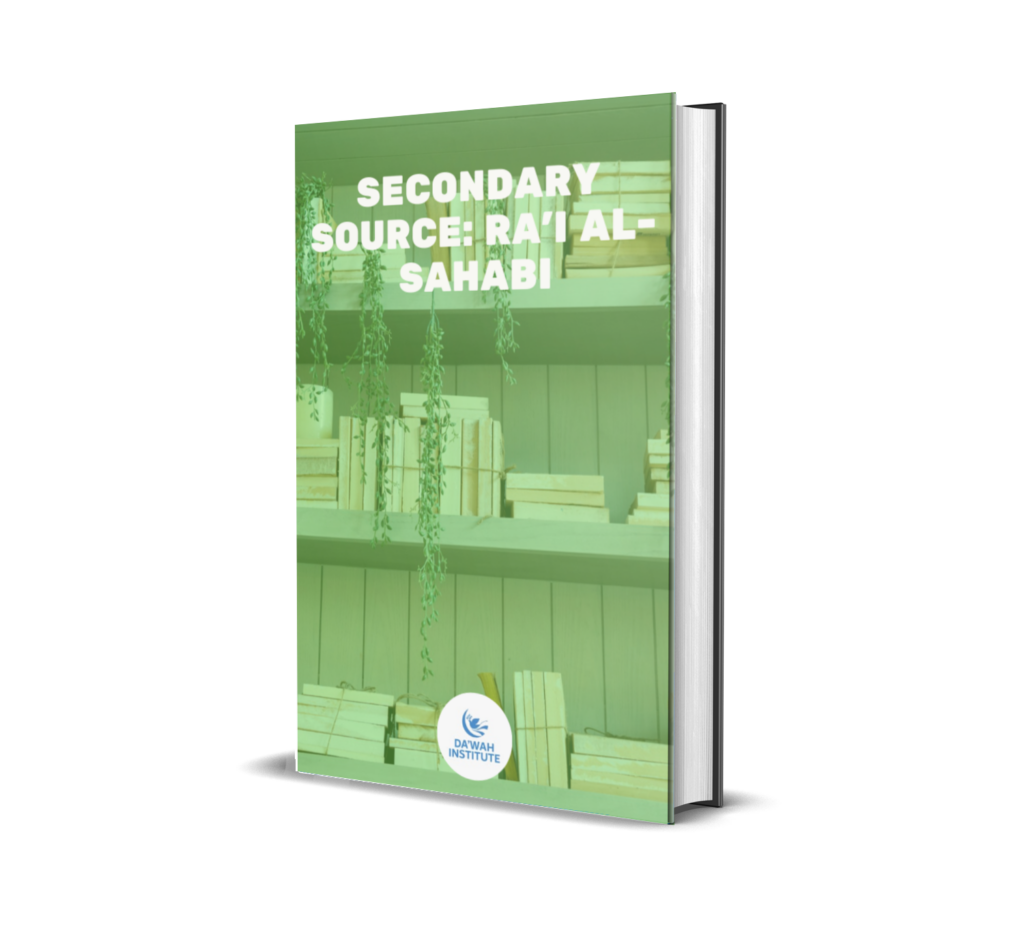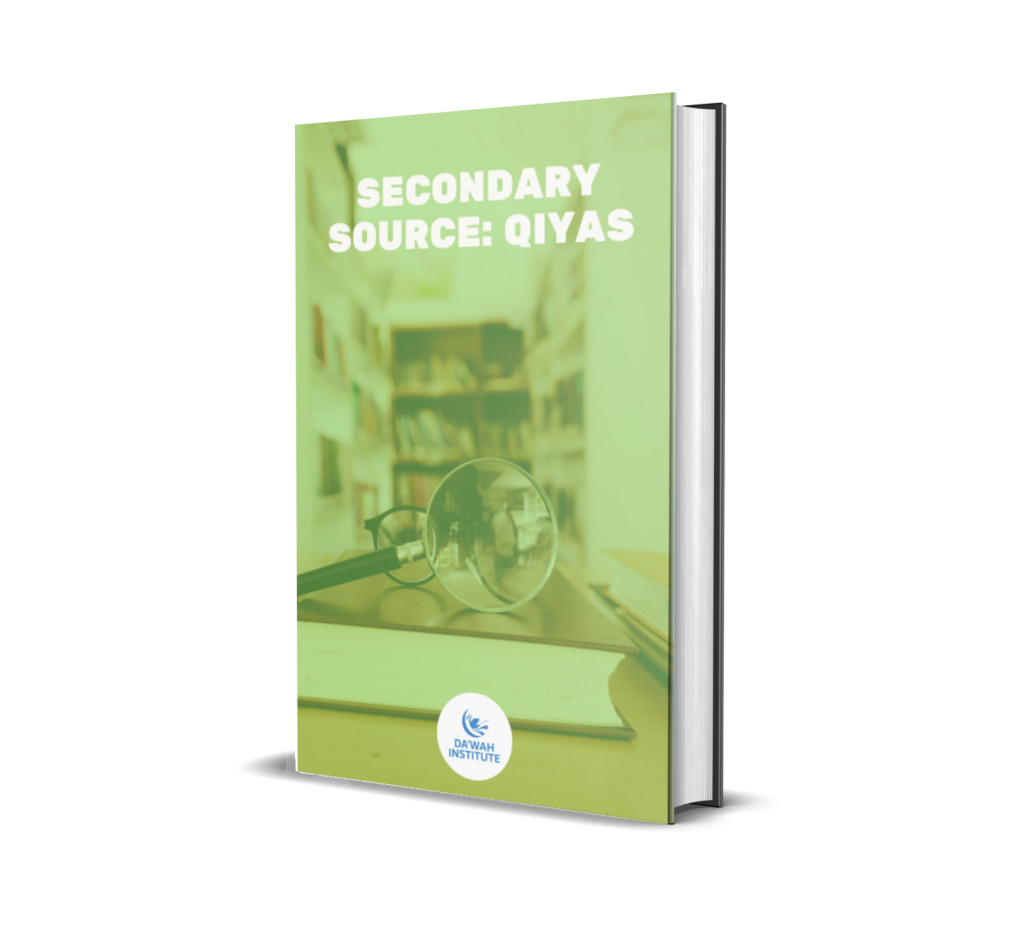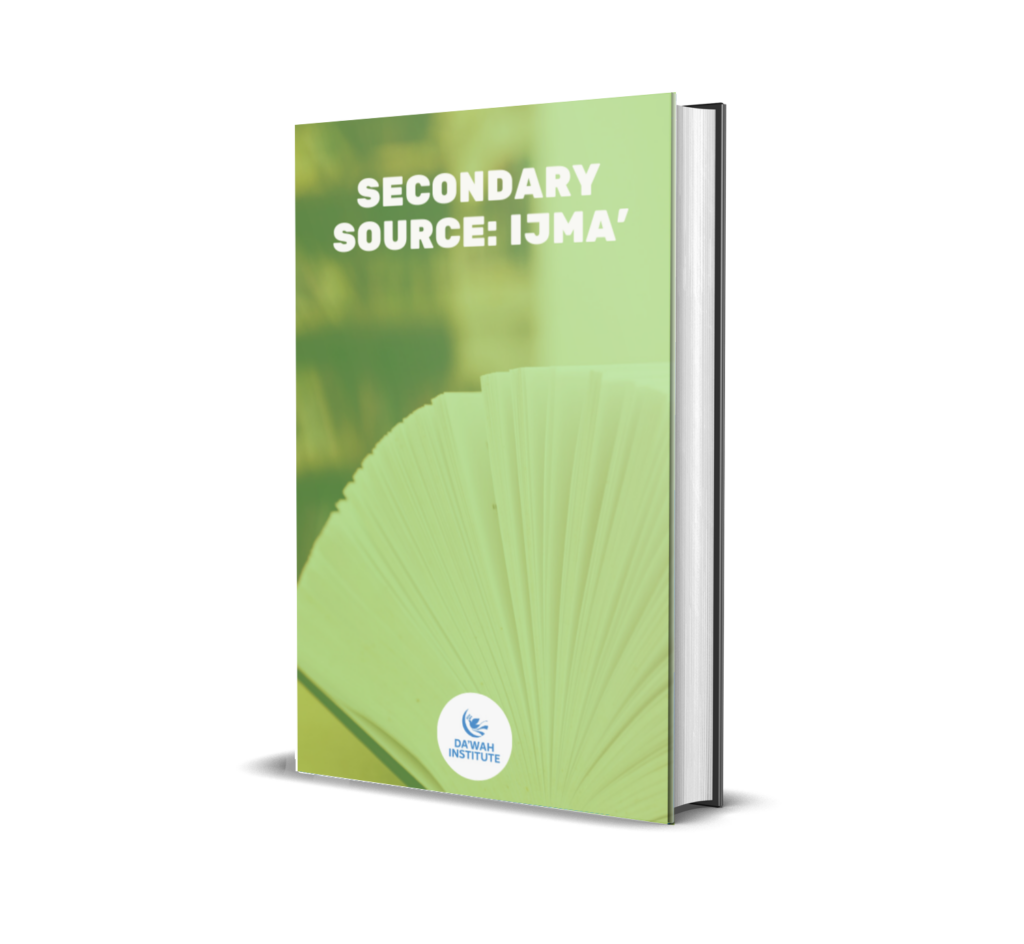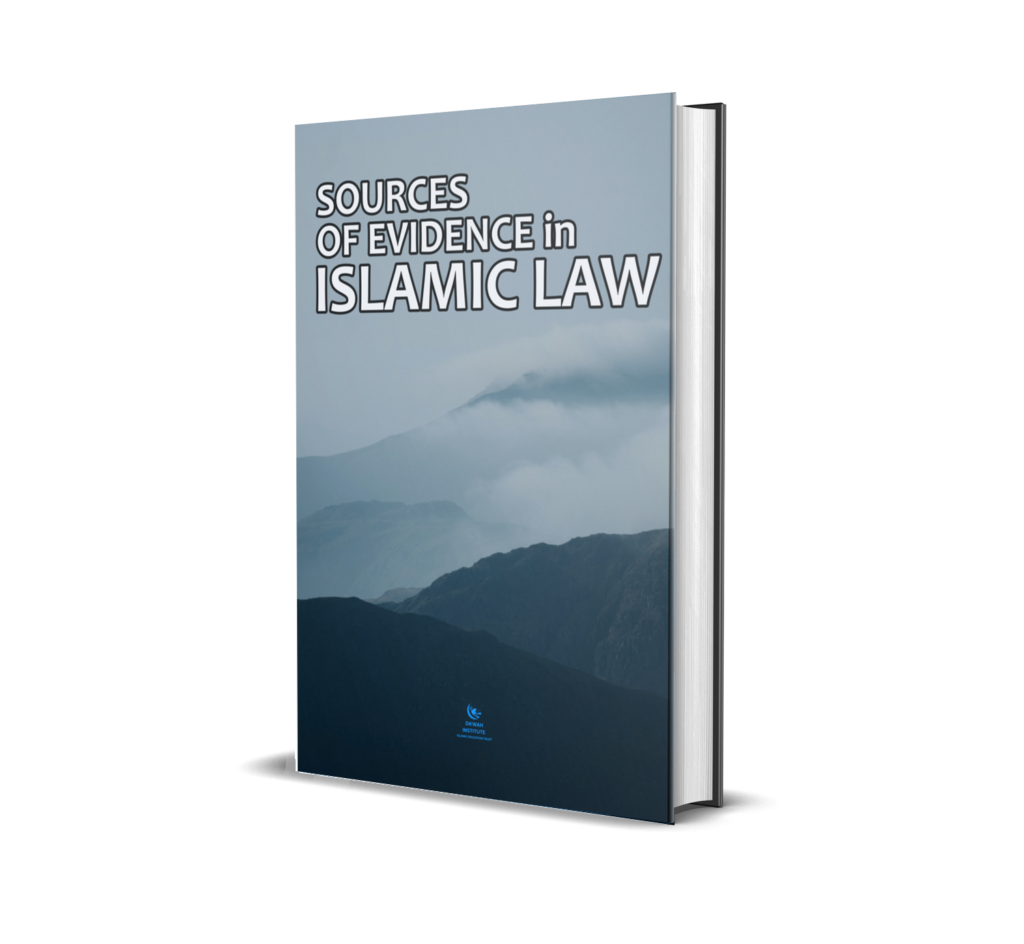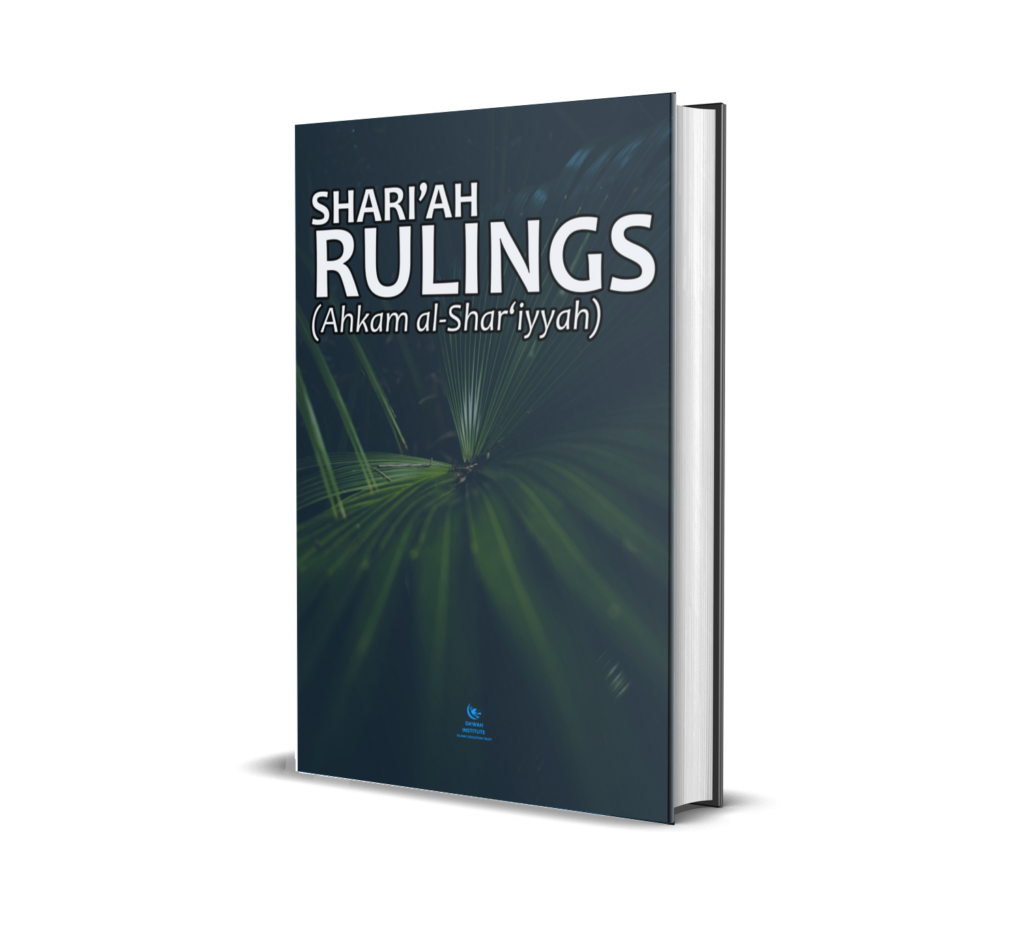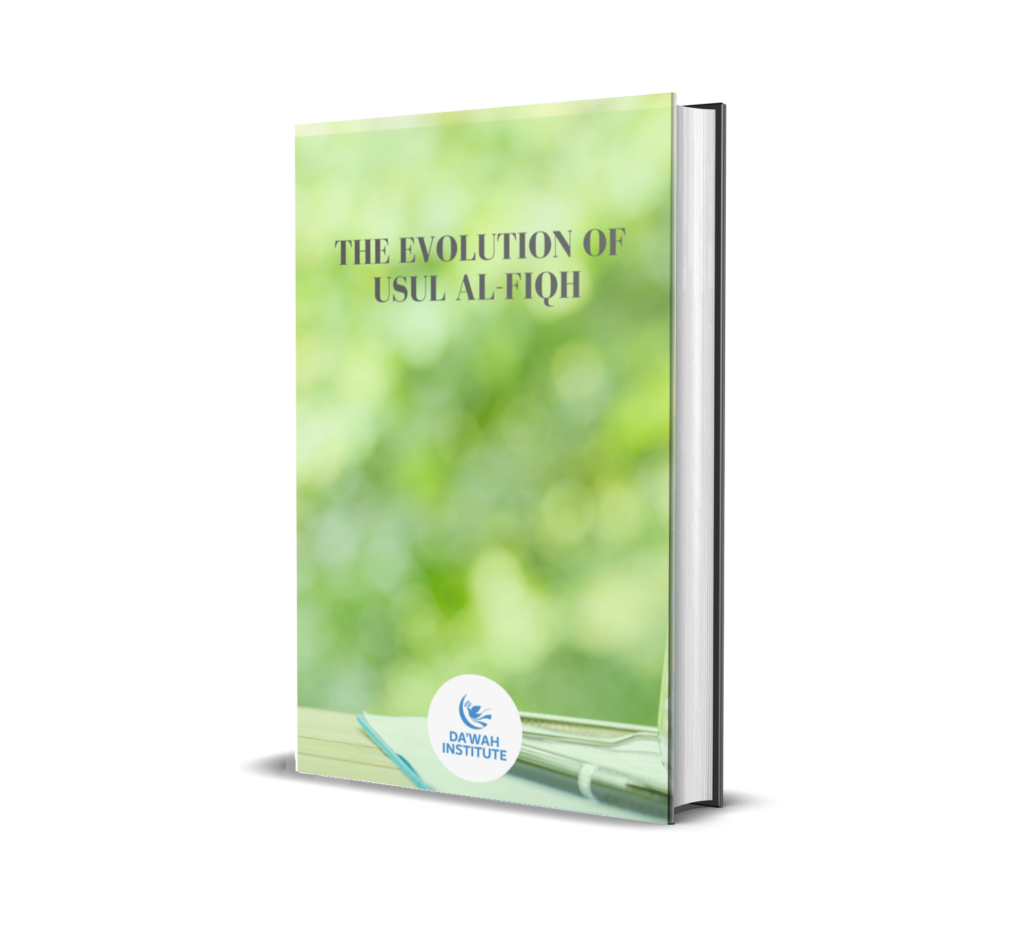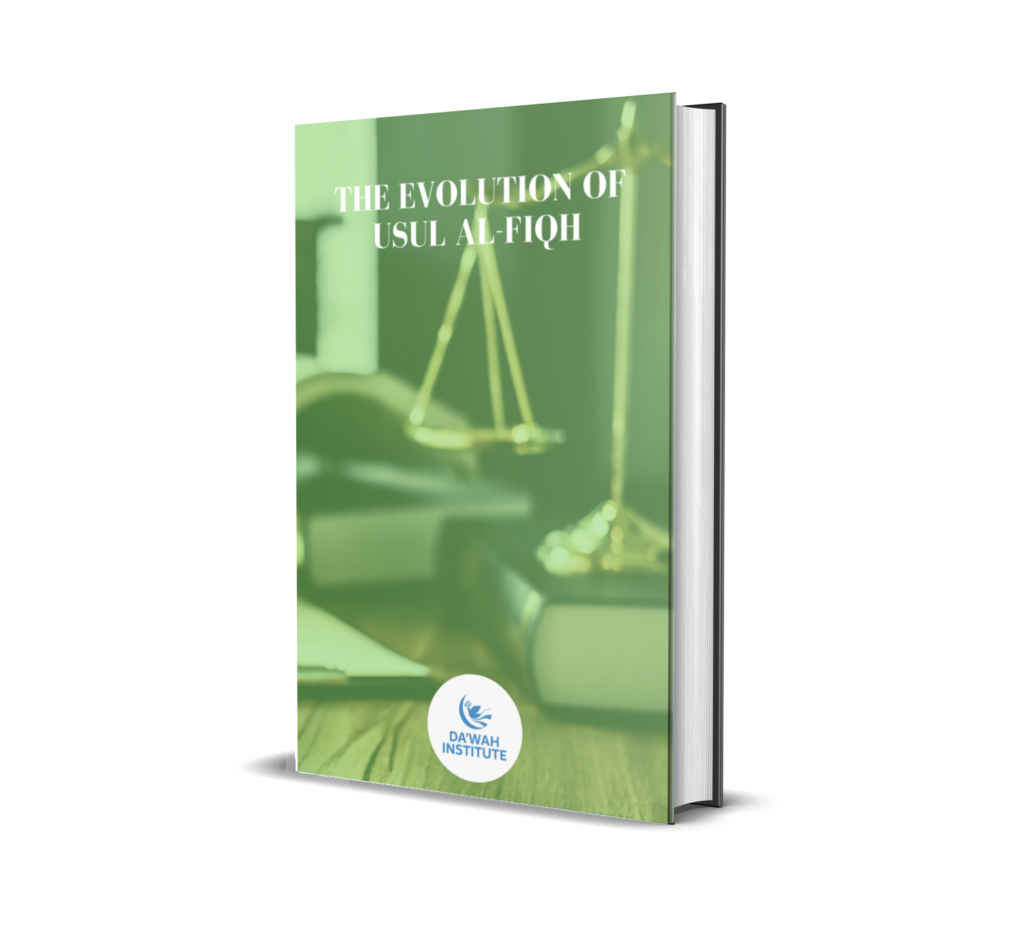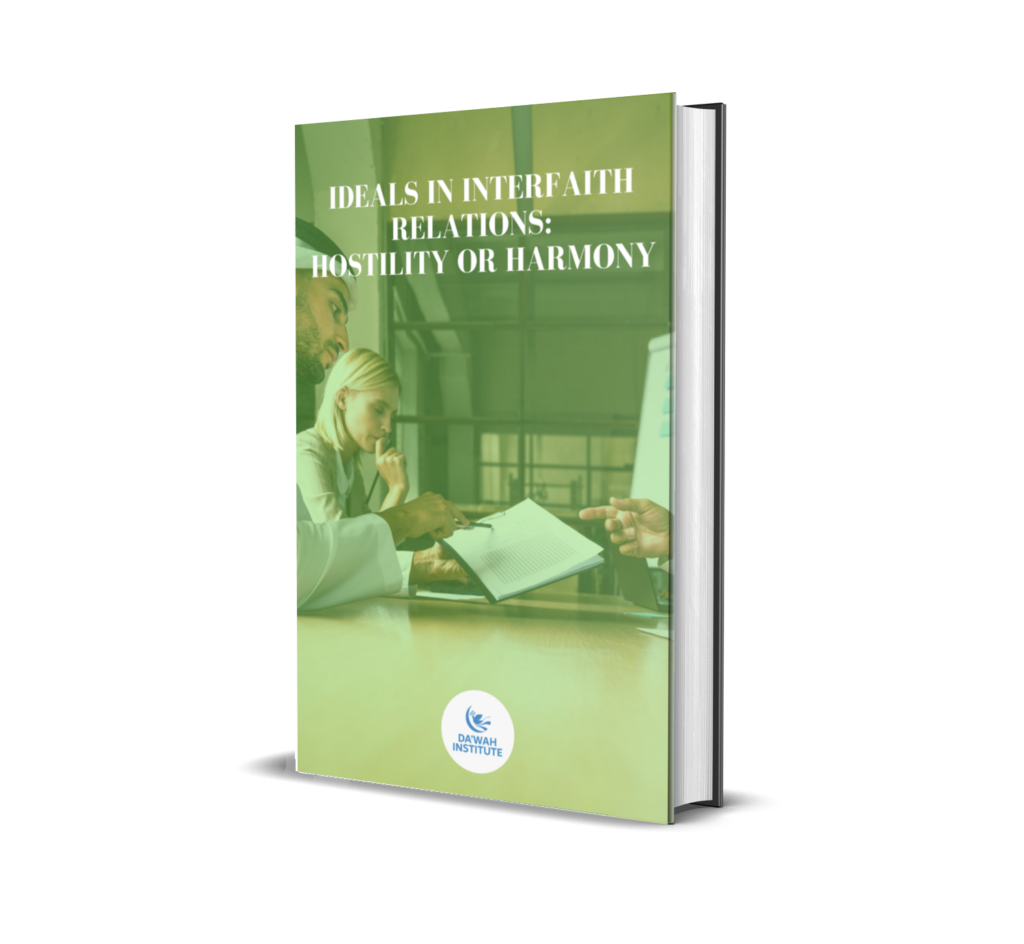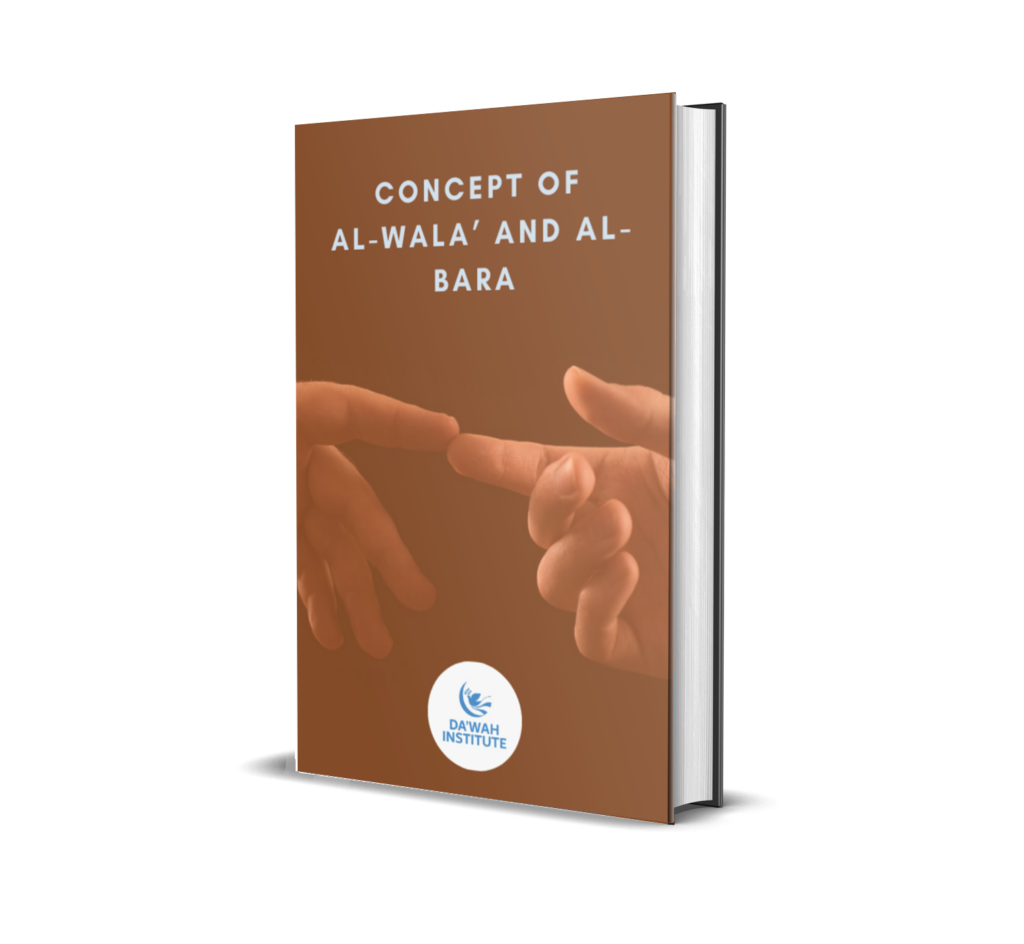Brave-Tan Articles
Friendliness with People of Other Faiths Some Muslims think that they are not expected to be friendly or jovial with people of other faiths. As such, they stay distant from non-Muslim colleagues, neighbours, and others. Is a Muslim permitted…
One of the major objectives of Islamic teachings is to guide people towards what is good and right, and to protect them from what is bad, harmful and wrong. Laws and rules are therefore important in helping to identify right…
usul al-fiqh is “roots” or “foundations” (usul) of Islamic jurisprudence and understanding (fiqh). It is the field that studies the proofs, bases, evidences (adillah) and sources of Islamic law
Shari’ah rulings, Ahkam al-Shar‘iyyah are usually grouped into 2 major categories or types. Those that deal with what is permitted or prohibited for a responsible adult Muslim (mukallif) are referred to as “defining law” (al-hukm al-taklifi), while those that deal…
ISLAM PERMITS SOME INTERFAITH MARRIAGES Islam permits a Muslim man initiating and having a relationship as close and intimate as that of marriage with a Christian or Jewish woman in spite of the difference in faith. It is narrated that…
Usul al-Fiqh means “the fundamental principles of Islamic law.… (It) expounds principles and methodology by means of which rules of law and jurisprudence are inferred and extracted from their sources. It involves the study and formulation of rules of interpretation,…
Sound reason and critical thinking play a very important role in understanding the Qur’an and making judgement, Usul al-Fiqh enables scholars to deduce with a reasonable degree of certainty what level of desirability or undesirability to assign to every aspect…
SECONDARY SOURCE: RA’I AL-SAHABI Ra’i al-Sahabi is the reasoning or Opinion of a Companion of the Prophet (ﷺ). This is often discerned from a recorded saying or fatwa of a Companion (sahabi) which has not been contradicted by any other…
SECONDARY SOURCE: QIYAS Another secondary source of evidence or tool is Qiyas: analogical reasoning or deduction. This is the practice of basing a new legal ruling on a previous ruling concerning a similar case, given the similarity between the two…
SECONDARY SOURCE: IJMA’ There are several secondary sources of evidence or tools for Ijtihad (juristic reasoning and deduction of rulings). One is Ijma’: a consensus of opinion. This consensus could mean, to various scholars, either unanimous or majority opinion.[1] The…
Islamic Jurisprudence uses primary and secondary sources of evidence to formulate law. ‘Evidences’ (adillah) are the sources and procedures that a school of law (madhhab) endorses in order to derive rulings. These are also called legislative tools. When primary sources…
SHARI’AH RULINGS (Ahkam al-Shar‘iyyah) One of the major objectives of Islamic teachings is to guide people towards what is good and right, and to protect them from what is bad, harmful and wrong. Laws and rules are therefore important in…
In this section, we will review all the terms we have come across so far. How many can you remember? Test yourself by covering the definitions on the right hand side. TERMS MEANING/EXPLANATION Generation of Sam’i Generation of “listeners”, eyewitnesses,…
witnesses: This was the generation of the Companions of the Prophet (ﷺ) who saw, heard and lived with him. They witnessed the revelation and application of the Qur’an and Sunnah. They observed how he handled cases that were not responded…
WHAT IS USUL AL-FIQH? The literal meaning of usul al-fiqh is “roots” or “foundations” (usul) of Islamic jurisprudence and understanding (fiqh). It is the field that studies the proofs, bases, evidences (adillah) and sources of Islamic law. Without “roots”, there…
Some believe that Islam prescribes that Muslims should be in a permanent state of enmity with people of other faiths, irrespective of their disposition towards Islam and Muslims. What is the ideal and normative relationship that Islam prescribes between Muslims…
Addressing Non-Muslims with Insulting Terms – Kafir! Some Muslims call Christians and other non-Muslims by names such as Kafir (in Arabic), Arne (in Hausa), Kirdi (in Kanuri), etc., which these people regard as insulting. Since Islam is interested in peaceful…
Existence of Ahl al-Kitab (People of Earlier Revelation) Today Some Muslims believe that modern-day Jews and Christians should not be regarded as “Ahl al-Kitab (People of Earlier Revelation)” because of the corruption of their scriptures and their belief in the…
This section focuses on the identity of the People of Earlier Revelation and their continued existence. 1. Identity of Ahl al-Kitab (People of Earlier Revelation) Some Muslims view only Jews and Christians as Ahl al-Kitab and therefore closer to Muslims…
This section gives the definitions of the terms al-wala’ and al-bara’, as well as the various forms of both. Download the PDF version here 1. Introduction to Al-Wala’ (loyalty) and Al-Bara’ (dissociation) Some Muslims understand interfaith relations as summarized and…

